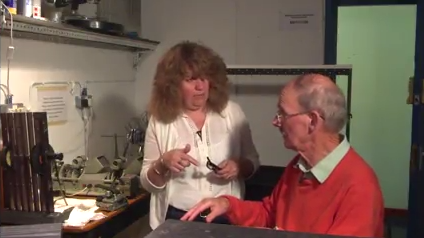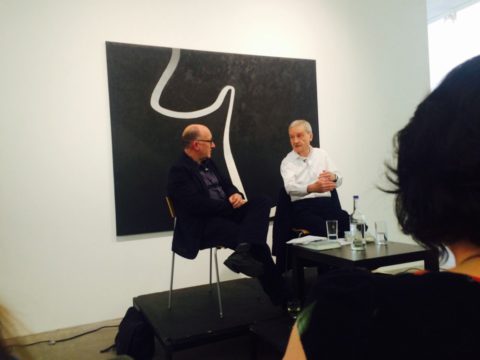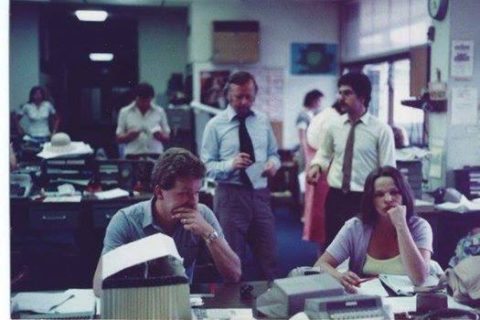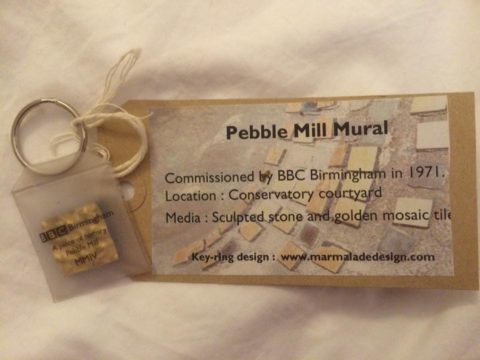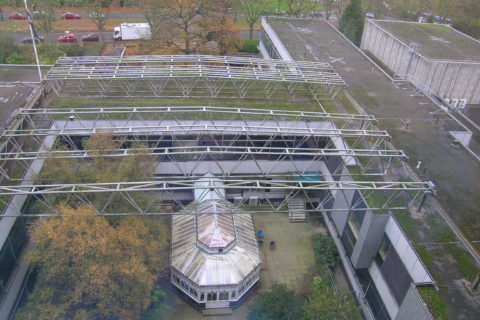This was a time of change in the regions. Who remembers “Broadcasting in the 70s”? and the setting up of the Audio Units. We had a meeting about the future, led by Controller Midlands. First time I had seen him. Another manager (again, I know who it was, but I will save any embarrassment) was talking to us all and saying “Someone like Eric Sabin,” and he looked at me, “will in future be able to apply for a wider range of jobs, so Eric Sabin from the Control Room” looked at me again “could apply for a Sound Supervisor job in Television.” I had to say something, so I said “I believe every word you say, except that my name is not Eric Sabin”. Well, there was an uproar of laughter. John Grantham said to me after the meeting “What I liked was the way you let him dig himself in first!” But in fact it wasn’t deliberate on my part, and not intended. The same manager did later offer me some good career advise including a suggestion that I apply for a Tape and Grams post at Gosta Green. I never did, but only because it was not the direction I wanted to go.
What I did apply for, by default, was a post in the new audio unit. All those unsettled by the reorganisation were automatically given a board and I was the only one of these to get appointed. I was actually on attachment at Wood Norton at the time, and came back to attend the board. It was my performance on this board, and my board for attachments to ETD that I found I could bring out a personality from my usually quiet self. I enjoyed being a candidate on appointment boards, and we had a good laugh at times. I was later to develop this extension of my personality in my lecturing job; it was very useful in my relationship with students. Anyway, on this board, I remember being asked if I had done any Radio Drama. I said “No, and I wouldn’t do it that way in any case”. I went on to talk about location drama which must have gone down well. They also asked if I had any questions. I said “Yes. Why was Regional Radio being closed down when local radio has not yet taken over in all areas?” There was a long pause. Then the chairman said “You are probably as confused as we are”!
So, I got the only vacant post in the new Audio Unit. What happened to all the other applicants? They were put in the Audio Unit of course! Only the BBC could do it this way!
I mention the residual regional radio, I was often allocated to do Regional Extra, the one remaining Radio 4, Midland Opt-out programme, in Studio 5 at Pebble Mill. There were two audio assistants allocated, and we shared Tape and Grams or Panel (operating the desk). This gave me more Studio Manager experience to add to that I had had in Cardiff.
At this time I had asked to do the Grade C Engineering Course at my request. I was surprised when this was granted, and while on the course at Wood Norton, I asked about changing my career from operational work to engineering. In fact, I liked both sides of technical work and I had already spent years designing and building my own electronic equipment as a hobby. By the time the changes took place in regional broadcasting, I was qualified to work in Communications Department, and could therefore work in the Communications Centre at Pebble Mill. Comms had taken over the Control Room work which I had been doing, with two major changes; no continuity now that Local Radio had taken over from regional broadcasting (almost!), and I would now also be doing Radio Links for television.
Colin Pierpoint

